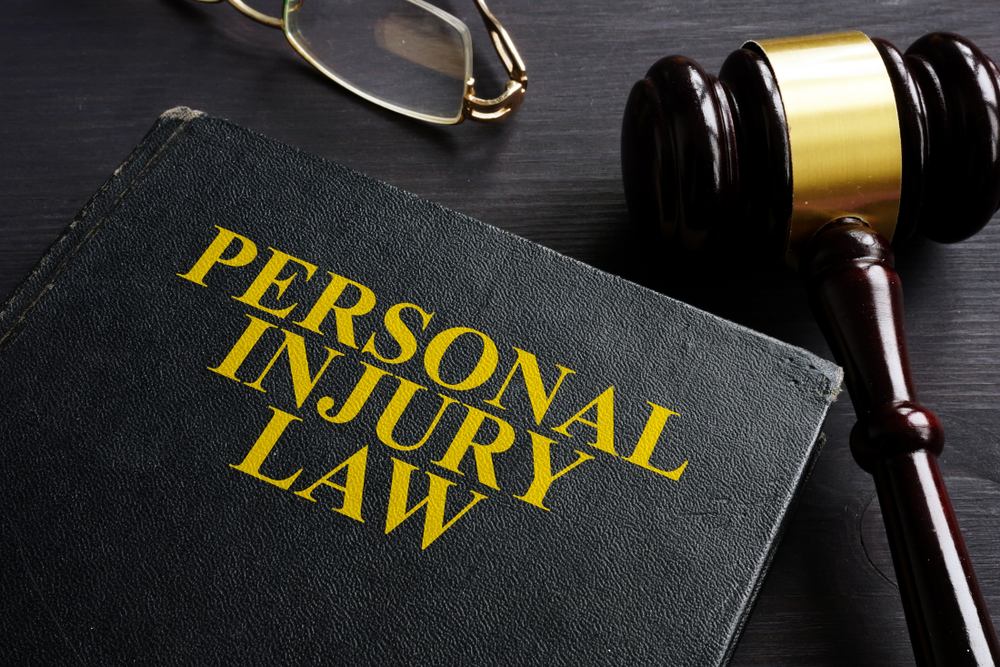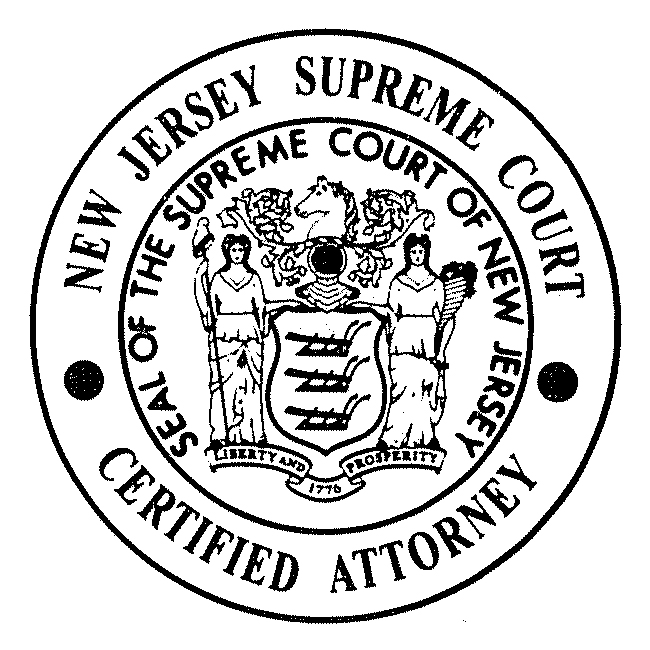Common terms you’ll hear in a personal injury case (and what they mean)

If you have a personal injury claim, here are some terms you are likely to hear during your case that you should familiarize yourself with.
General Personal Injury Terms You Should Know
General terms related to personal injury claims include:
- Tort – A tort refers to a legal cause of action arising from physical, financial, or reputation injury to another person, which does not involve a criminal act or a contract. A tort allows the injured party to recover financial compensation from those liable for the injury and resulting expenses and losses. Examples of torts include negligence, trespass, defamation, fraud, assault and battery, and wrongful death.
- Negligence – Most personal injury claims arise from negligence. Negligence involves the failure to fulfill a legal duty of care or to act with reasonable care, which results in injury to another person. In a negligence claim, you will need to prove that another party owed you a duty of care, failed to fulfill that duty due to their actions or omissions, and that failure directly and proximately caused you to suffer injury and resulting damages.
- Strict liability – Some personal injury claims only require you to prove that you were injured due to another party’s actions or omissions, regardless of their culpability or fault. In New Jersey, strict liability normally arises in the context of personal injury claims involving defective products, as state law holds manufacturers strictly liable if their defective products injure people, or dog bites.
- Comparative fault/negligence – This refers to the rule under New Jersey law that apportions liability for injuries to each party at fault for said injuries in proportion to their percentage of responsibility. The rule also allows an injured party partly at fault for their own injuries to pursue compensation so long as their share of fault does not exceed the fault of the opposing party or parties.
- No-fault – In car accident claims in New Jersey, injured victims will need to go through the no-fault insurance system, turning to their own insurance coverage for personal injury protection coverage for medical expenses and lost wages. A car accident victim may only sue the at-fault driver if they elected the no-limitation option in their car insurance policy or if they have sustained a qualifying injury.
Litigation Terms
When you file a personal injury lawsuit, terms you are likely to hear throughout the suit include:
- Plaintiff – The party who files the personal injury lawsuit. If you are injured in an accident, you become the plaintiff when you file a lawsuit.
- Defendant – The party who is being held liable for the plaintiff’s injuries and losses. The party or parties you file suit against will be the defendant(s) in your personal injury case.
- Complaint – This is the document you file with the trial court and serve on the defendant(s). The Complaint contains your allegations regarding your injuries and how the defendant(s) caused them.
- Prayer for relief – The part of the complaint in which you specifically request what you want if you win your personal injury lawsuit. In most cases, the prayer for relief will identify in general terms the losses you sustained due to the defendant’s negligence, although if you have future anticipated expenses and losses you may also request the trial court to award you any other relief it deems just and proper.
- Answer – This is the document that the defendant(s) files to respond to your complaint. In the answer, a defendant will either admit or deny each of the allegations in your complaint. A defendant may also include counterclaims against you as part of its answer.
- Statute of limitations – This is the deadline under state law by which you must file your personal injury lawsuit. In New Jersey, the statute of limitations on personal injury claims is two years. However, certain circumstances may give you more or less time to bring your claims against liable parties, and claims against certain entities (usually public entities), may require legal notice of your intent to sue in a far shorter period of time (usually 90 days) than the two-year Statute of Limitations. This makes it important to start working with a personal injury attorney as soon as possible after your accident occurs.
Contact a Clark Personal Injury Lawyer to Discuss Your Case in New Jersey
Did you or a loved one sustain serious injuries due to someone else’s negligence in New Jersey? Don’t wait for the negligent party or their insurance company to do the right thing. Right now, you need an aggressive personal injury attorney on your side, fighting to get you the compensation you need, want, and deserve. The skilled attorneys at Team Law represent clients injured in Newark, Jersey City, Paterson, Elizabeth, and throughout New Jersey. Call (732) 540-1394 or fill out our online contact form to schedule a free consultation about your case. We have an office conveniently located at 136 Central Ave., Clark, NJ 07066, as well as offices in West New York, Perth Amboy, Edison, Summit, Newark, New Brunswick, Orange, Plainfield, and Jersey City.
The articles on this blog are for informative purposes only and are no substitute for legal advice or an attorney-client relationship. If you are seeking legal advice, please contact our law firm directly.
 CALL NOW
CALL NOW






